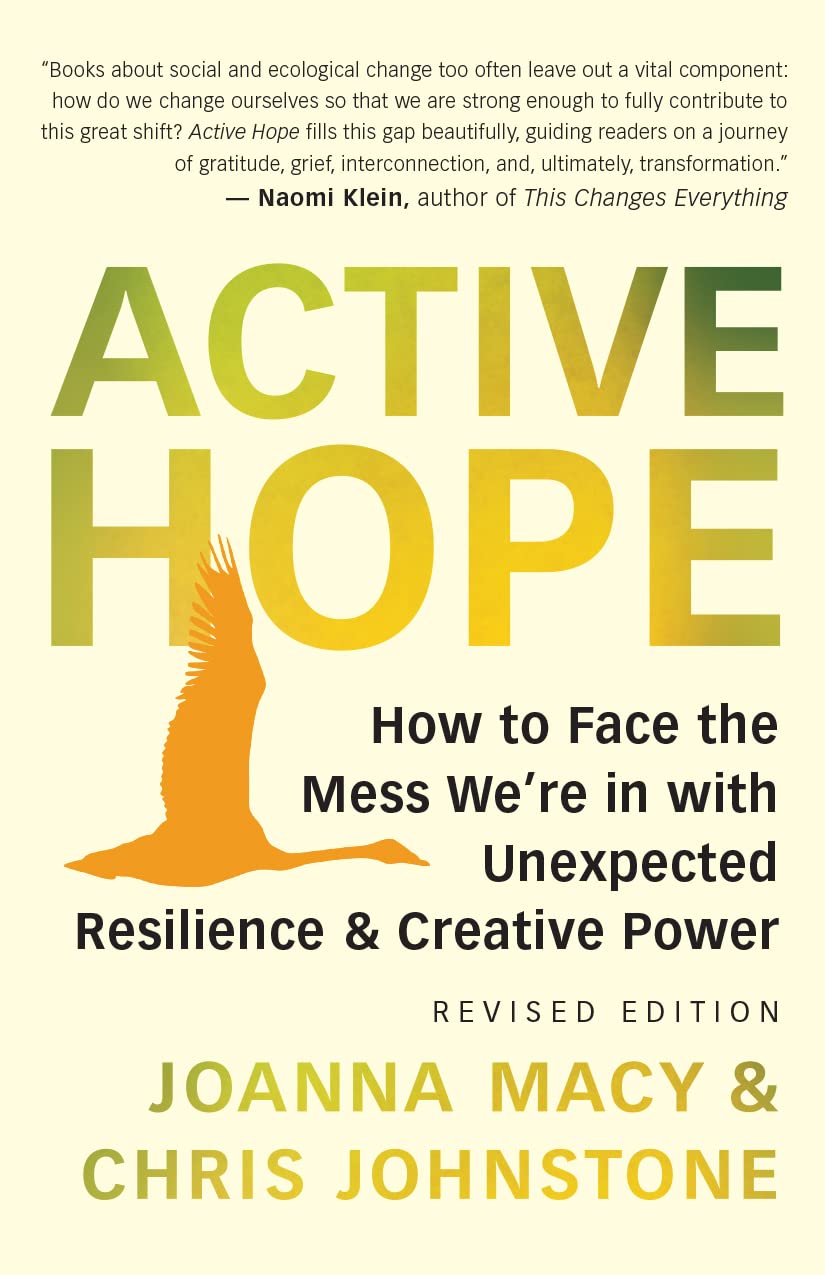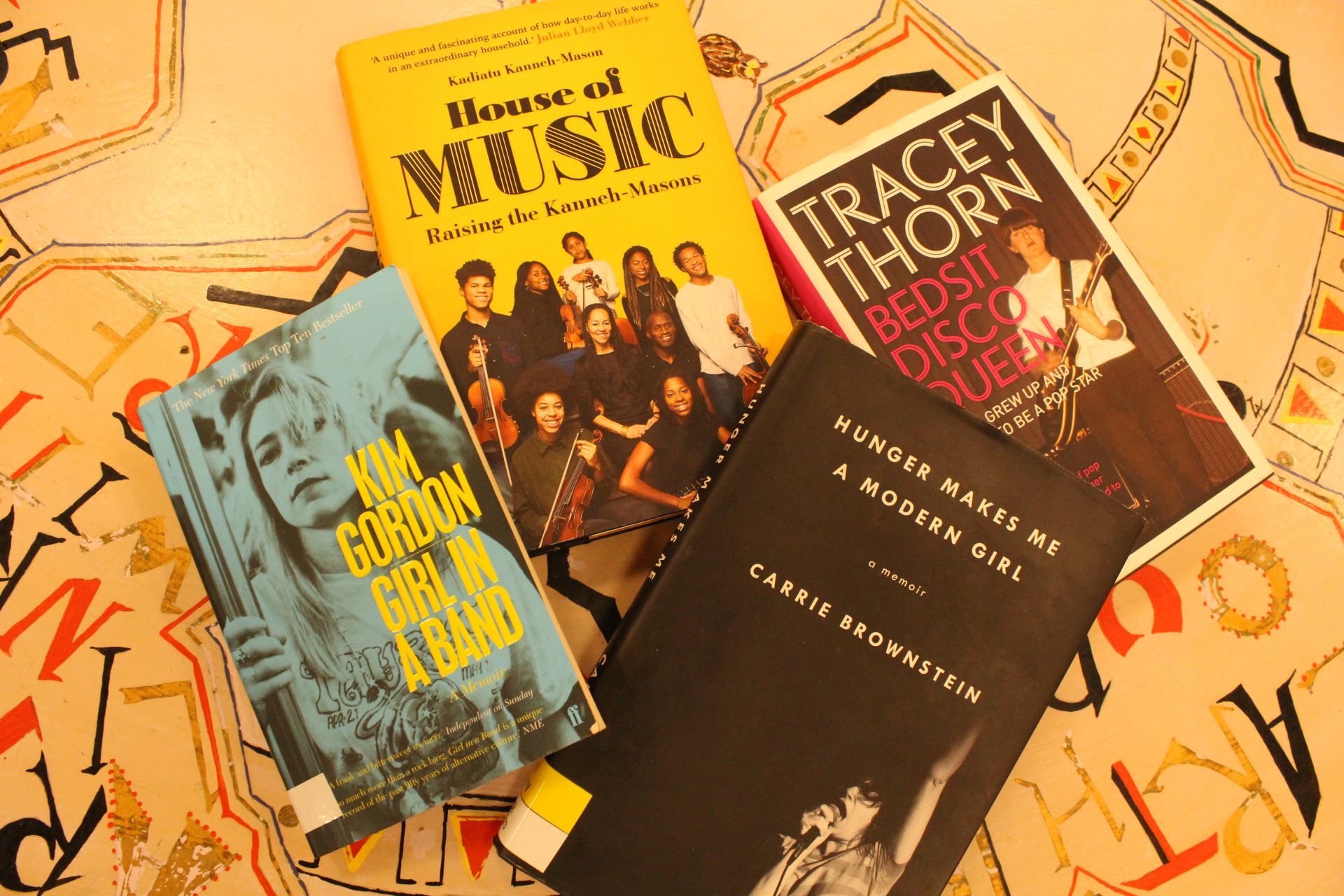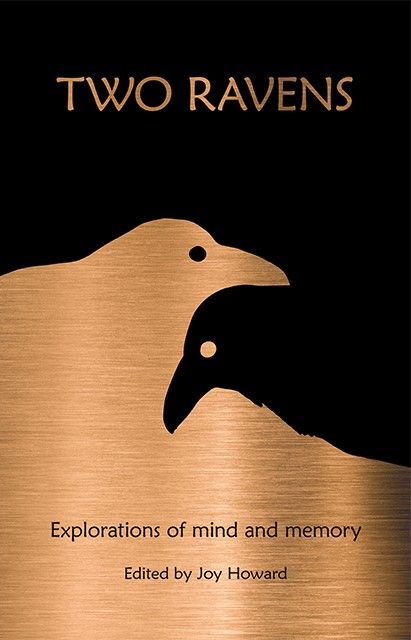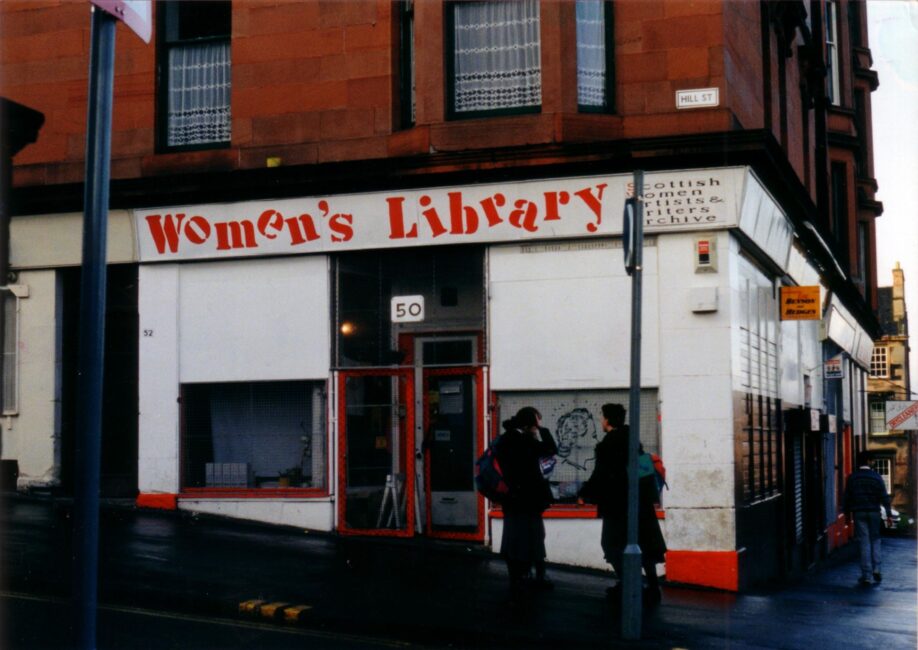As Emma Donoghue’s tenth novel, Room (2010), was received with such glowing critical acclaim, it seems the perfect time to become acquainted with this potent Irish-born writer.
Hood, 1997 winner of the American Library Association’s Gay, Lesbian and Bisexual Book Award for Literature, is Donoghue’s second novel, and my first encounter with her writing. The story retrospectively explores Cara and Penelope difficult long-term relationship and traces Pen’s motions through the seven days following Cara’s death in a car accident—telling family and friends, attending the funeral, sifting through Cara’s belongings. Because Cara and Pen had never spoken of their lesbianism to anyone except their lesbian friends, Pen suffers her loss in silence. At work, at church, Penelope’s acquaintances know she has lost a close friend; they have no idea she has just lost her partner.
Though I thought I was approaching Hood from a somewhat informed perspective, I never ceased being struck and enlightened by the intricacies and difficulties Cara and Penelope encountered throughout their time together, and I never could have imagined the unseen struggles Pen would face after Cara’s death. Through the language she uses and atmosphere she evokes, Donoghue seamlessly weaves into her story the grief, numbness and unceasing nostalgia that accompany the death of a loved one, while deftly navigating both the mainstream and lesbian cultures of Ireland in the mid-nineties.
By the end of the novel, I felt my experience had been stretched, and that my heart could hold things it didn’t know it would ever have to hold. To call it “a story of love and loss” would be trite; it is a window into lesbianism; it is a study of grief; it is proof that death, and love, follow no script.
Hood did more than make worthy use of my rainy weekend; it has put me one step closer to being the informed reader I thought I was before I began reading it.






